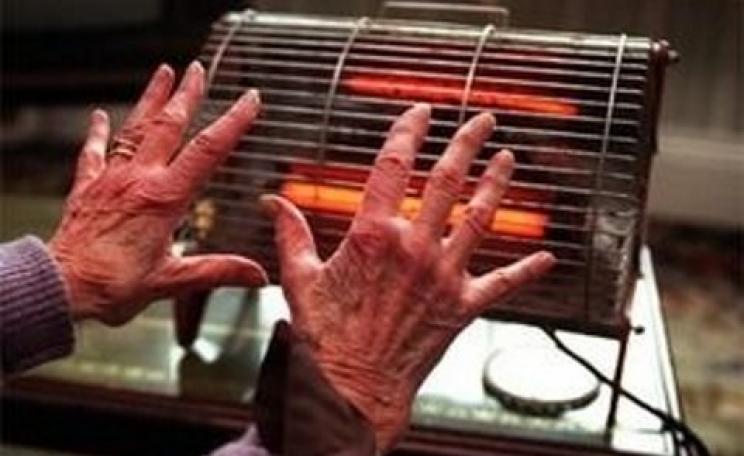Asma is haunted by the thought that her baby's fate might have been different had her local medical centre had access to electricity. Photo courtesy of Practical Action.
Medical centres often can’t use basic medical appliances because there is no electricity to power them
Without access to energy medical centres and hospitals cannot function effectively, life-saving vaccinations can’t be stored, there is no light after sunset to carry out procedures and important medical equipment such as ultrasound machines and operating equipment cannot be used. This means women can lose their babies, and even their lives in childbirth.
Earlier this year (2013) Development charity Practical Action launched the latest edition of its Poor People’s Energy Outlook (PPEO), setting out a new way of measuring people’s access to energy and ensuring the poorest around the world are not ignored.
Asma is a housewife living Danggi Village of North Channel Union, Bangladesh. A couple of months ago, pregnant Asma slipped and fell whilst collecting water:
“My child was not moving. In our community health centre there is no X-ray or sonography - the only option is Faridpur Hospital. For poor people like us city hospital treatment is expensive. We borrowed 3000 BDT (£25) and sought treatment at the hospital. The doctor did a minor operation but couldn’t save the child. He asked us to come again for a follow-up but we don’t have money to continue the treatment. Now I am in so much pain, the doctor said I have infection in my uterus.
“As long I live I will have to bear the pain. Sometimes I think that if there were electricity in our community health centre, my fate might be different. But for the last 22 years we could not get any electricity, who knows how many years will pass by before it becomes reality”.
This is a typical story from a community health care centre in Bangladesh, where electricity is scarce. Health centres are lit by candlelight, where minimal services such as using sterilised medical equipment, access to regular professional qualified staff and even the security of the health centre at night cannot be guaranteed. These medical centres often can’t use the basic medical appliances they have because no electricity is available to power them.
Before the PPEO report was published measurements of how the poorest people access energy only took into account large scale, grid-based energy and ignored the needs of poor people who need sustainable, appropriate solutions to energy.
Medical centres often can’t use basic medical appliances because there is no electricity to power them
The new measurements that Practical Action has developed in partnership with the UN and World Bank mean that we can better understand the needs of how poor people use energy and so resources can be properly directed to have the biggest impact on people’s lives.
The system developed by Practical Action has been adopted by the United Nations as part of its Sustainable Energy for all initiative.
This year’s report focuses on energy for community services such as schools, health centres and hospitals.
For more information or to view the report in full, visit www.practicalaction.org
Andrew Heath is media officer at Practical Action. Practical Action uses technology to provide long-term solutions to the problems the poorest people in the world face every day.
| READ MORE... | |
 |
COMMENT Layer farming; a sustainable solution for farmers and wildlife In a remote cloud forest in South America subsistence farmers are embracing an alternative to slash and burn....... |
 |
SPECIAL CONTENT TAKE ACTION: Tools for Self Reliance providing practical help for practical people Charity group Tools for Self Reliance empower the disadvantaged - providing tools and skills so that others can go on to create small businesses in hands-on occupations such as carpentry and tailoring |
 |
SPECIAL CONTENT The Story of Broke Annie Leonard's new film looks at how money that could be used to build a sustainable future through investment in renewables and increasing recycling is being used to fund wars and subsidise fossil fuels |
 |
COMMENT Getting to the root of the problem in Madagascar When Daniel Reeds visited Madagascar he was struck by the beauty of its ecosystems and people, but also by the appalling poverty. However, he found inspiration from a pioneering charity that works with humans and wildlife, to ensure a sustainable future for both. |






